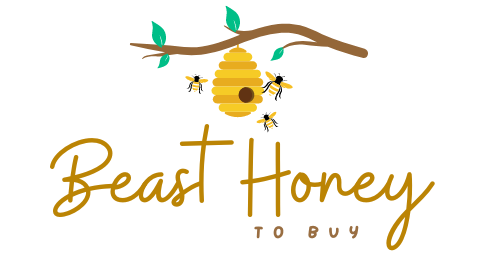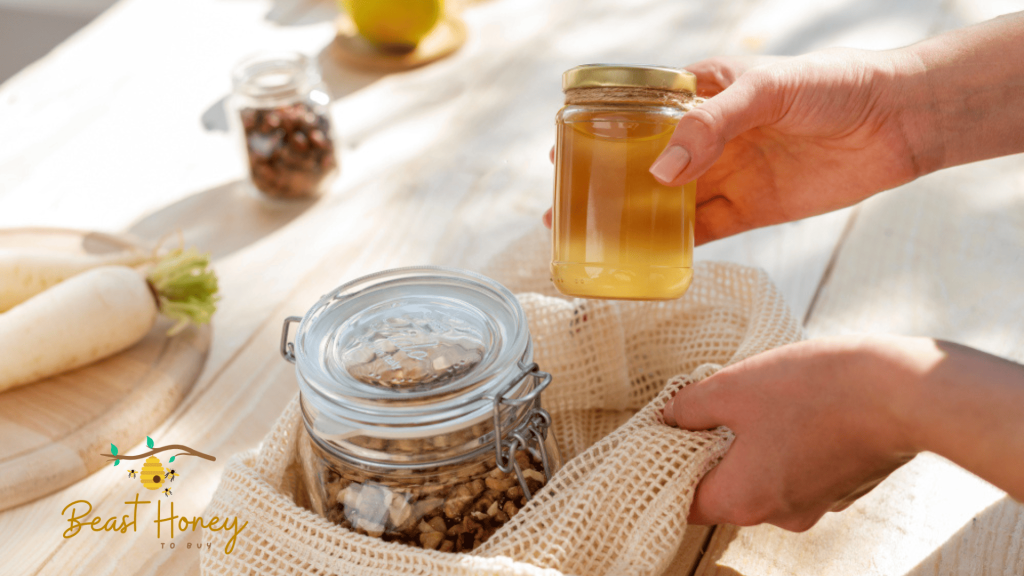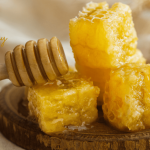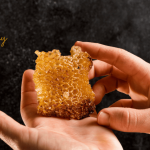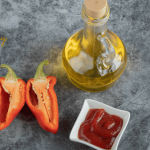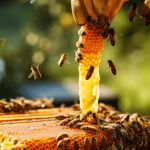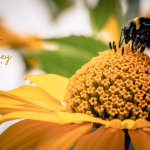Raw honey is a natural treasure. It’s sweet, healthy, and packed with benefits. But not all honey is created equal. Some honey is mass-produced in ways that harm bees or the environment.
Ethically sourced raw honey is different. It’s produced with care for bees, nature, and quality. Want to know how to find it? This guide will walk you through everything you need to know.
Let’s dive in!
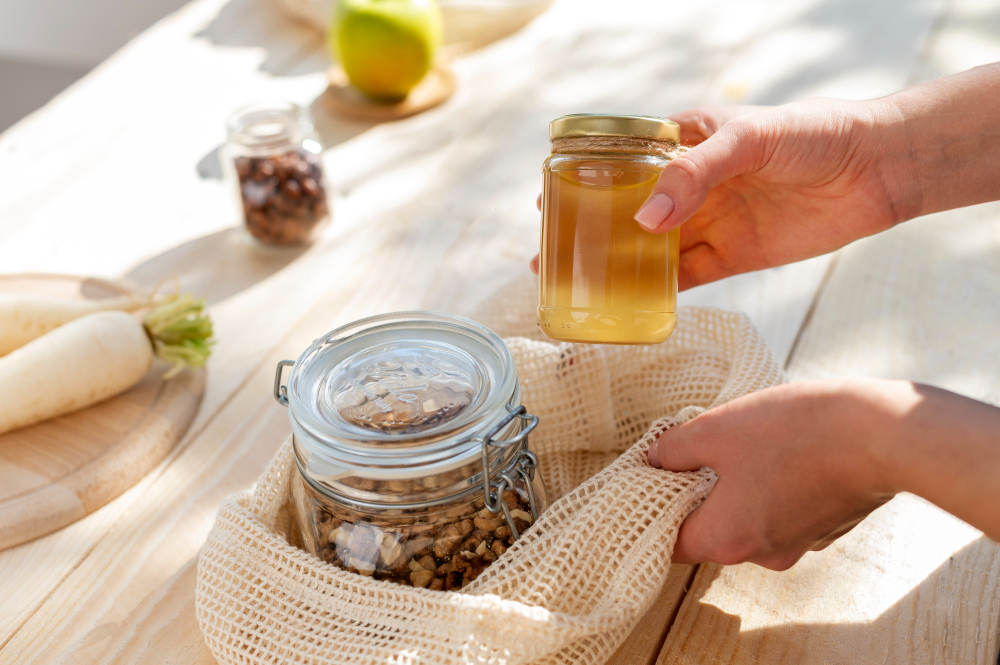
What Is Ethically Sourced Raw Honey?
Raw honey is honey straight from the hive. It’s not heated, pasteurized, or heavily processed. It keeps all its natural enzymes, vitamins, and antioxidants. Ethically sourced raw honey goes a step further. It’s produced in ways that prioritize bee health, environmental sustainability, and fair labor practices. Choosing ethical honey means supporting beekeepers who care about their bees and the planet.
Why Does Ethical Sourcing Matter?
Bees are vital to our ecosystem. They pollinate crops that make up a third of our food supply. But industrial farming and unethical practices can harm bee populations. Ethical sourcing protects bees and ensures high-quality honey. It also supports small-scale beekeepers who rely on sustainable methods. By choosing ethical honey, you’re making a positive impact.
Key Signs of Ethically Sourced Raw Honey
Finding ethical raw honey isn’t always easy. Labels can be confusing, and some brands make false claims. Here are clear signs to look for when shopping for honey that’s good for you and the planet.
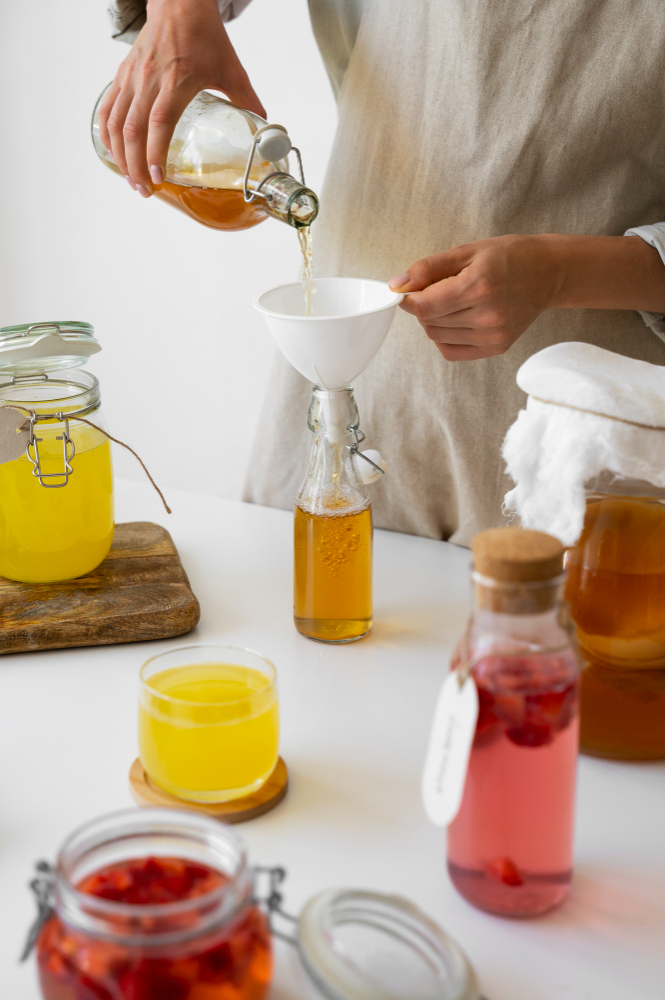
1. Check the Label for “Raw” and “Unfiltered”
Raw honey isn’t heated above natural hive temperatures (around 95°F). This preserves its nutrients and flavor. Unfiltered honey contains natural pollen and beeswax, which are good signs of quality. Look for labels that say “raw” and “unfiltered.” Avoid honey labeled as “ultra-filtered” or “pasteurized,” as these processes strip away nutrients.
- Example: A jar might say, “100% Raw, Unfiltered Wildflower Honey.” This is a good start.
- Tip: If the label doesn’t mention “raw,” it’s likely processed.
2. Look for Local or Small-Scale Producers
Local beekeepers often use ethical practices. They care about their bees and the community. Small-scale producers are less likely to use harmful methods like overharvesting or chemical treatments. Visit farmers’ markets or local stores to find honey from nearby apiaries.
- Why it matters: Local honey supports small businesses and reduces the carbon footprint from shipping.
- How to find them: Search for “local honey near me” or check websites like LocalHoneyFinder.org.
3. Research the Beekeeping Practices
Ethical beekeepers prioritize bee health. They avoid harmful pesticides, provide natural habitats, and don’t overharvest honey. Some brands share details about their practices on their websites or packaging. Look for terms like “sustainable beekeeping,” “organic,” or “bee-friendly.”
- Questions to ask: Does the beekeeper use chemical-free hives? Do they leave enough honey for the bees to survive winter?
- Example: A brand might say, “Our bees roam pesticide-free wildflower fields.” That’s a great sign.
4. Check for Certifications
Certifications can guide you to ethical honey. Look for labels like “Certified Organic,” “Non-GMO,” or “Fair Trade.” These show the honey meets strict standards for environmental and ethical practices. Be cautious, though—some certifications are stricter than others.
- Common certifications:
- USDA Organic: Ensures no synthetic pesticides or fertilizers are used.
- Fair Trade: Supports fair wages for beekeepers.
- Bee Better Certified: Focuses on bee-friendly farming practices.
5. Examine the Honey’s Appearance
Raw honey looks different from processed honey. It’s often cloudy or creamy due to natural pollen and beeswax. It may have tiny specks or crystallize over time. Clear, overly liquid honey might be heavily filtered or mixed with syrups. Ethical raw honey should look natural and unpolished.
- Tip: Crystallized honey is a good sign! It means the honey is raw and hasn’t been overheated.
- Example: If you see honey with a smooth, creamy texture, it’s likely unprocessed.
6. Avoid Honey from Questionable Sources
Some honey comes from countries with lax regulations. It may be diluted with corn syrup or harvested unethically. Be cautious of cheap, generic honey from large retailers. Research the brand’s sourcing practices. Countries like New Zealand (for Manuka honey) or small-scale U.S. producers are often safer bets.
- Red flag: Honey labeled simply “Product of [Country]” without details about sourcing.
- Tip: Check the brand’s website for transparency about where their honey comes from.
How to Spot Unethical Honey Practices
Not all honey is produced with care. Some practices harm bees and lower honey quality. Here’s what to watch out for.
1. Overharvesting
Some producers take too much honey, leaving bees without enough food for winter. Ethical beekeepers leave plenty of honey for their bees. If a brand doesn’t mention sustainable harvesting, it might be a red flag.
2. Use of Harmful Chemicals
Pesticides and antibiotics can harm bees and end up in honey. Ethical beekeepers avoid these chemicals. Look for brands that emphasize natural or organic methods.
3. Adulteration
Some companies mix honey with cheap fillers like corn syrup. This lowers quality and misleads customers. Raw honey should be pure and free of additives. Check ingredient lists—honey should be the only one.
4. Poor Bee Welfare
Bees need natural environments to thrive. Unethical producers may keep bees in cramped, unnatural conditions. Look for brands that talk about free-roaming bees or natural habitats.
Where to Buy Ethically Sourced Raw Honey
Finding ethical honey takes a little effort, but it’s worth it. Here are the best places to look.
1. Farmers’ Markets
Farmers’ markets are great for finding local, ethical honey. You can talk to beekeepers directly and ask about their practices. Many offer samples, so you can taste the quality.
2. Local Health Food Stores
Stores like Whole Foods or co-ops often stock raw honey from ethical producers. Check the labels for sourcing details and certifications.
3. Online Retailers
Websites like Thrive Market, Amazon, or direct-to-consumer brands sell ethical honey. Look for customer reviews and detailed product descriptions. Brands like Y.S. Eco Bee Farms or Wedderspoon are known for quality.
4. Beekeeping Associations
Some beekeeping associations sell honey or connect you with local producers. Check groups like the American Beekeeping Federation for resources.
How to Test Honey at Home
Worried about fake honey? You can do simple tests at home to check its quality.
- Water Test: Drop a teaspoon of honey into a glass of water. Pure honey sinks; diluted honey may dissolve or float.
- Thumb Test: Put a drop of honey on your thumb. If it spreads or drips quickly, it might be adulterated. Pure honey stays in place.
- Crystallization Check: Raw honey crystallizes over time. If your honey stays liquid for months, it might be processed.
Benefits of Choosing Ethically Sourced Raw Honey
Why go through the trouble? Ethical raw honey is worth it for many reasons.
- Better for Your Health: Raw honey is packed with antioxidants, enzymes, and nutrients. It can soothe sore throats, aid digestion, and boost immunity.
- Supports Bees: Ethical practices protect bee populations, which are crucial for pollination.
- Tastes Amazing: Raw honey has unique flavors based on the flowers bees visit. Think wildflower, clover, or Manuka.
- Eco-Friendly: Sustainable beekeeping helps the environment by reducing chemical use and supporting biodiversity.
Common Questions About Ethically Sourced Raw Honey
Is All Raw Honey Ethical?
No. Raw honey can still come from unethical practices like overharvesting or chemical use. Always check the brand’s practices.
How Do I Store Raw Honey?
Keep it in a cool, dry place away from sunlight. Don’t refrigerate it, as it can crystallize faster. A pantry is perfect.
Why Is Ethical Honey More Expensive?
It takes more effort to produce. Small-scale beekeepers invest in sustainable methods, which raises costs. But the quality is worth it.
Final Thoughts
Choosing ethically sourced raw honey is about more than just taste. It’s about supporting bees, the environment, and honest beekeepers. Look for raw, unfiltered honey from local or transparent brands. Check certifications, research practices, and trust your instincts. With these tips, you can enjoy delicious honey while making a positive impact. Ready to find your next jar? Start at a local market or trusted online store. Your taste buds—and the bees—will thank you!
For more information, visit , https://besthoneytobuy.com/
